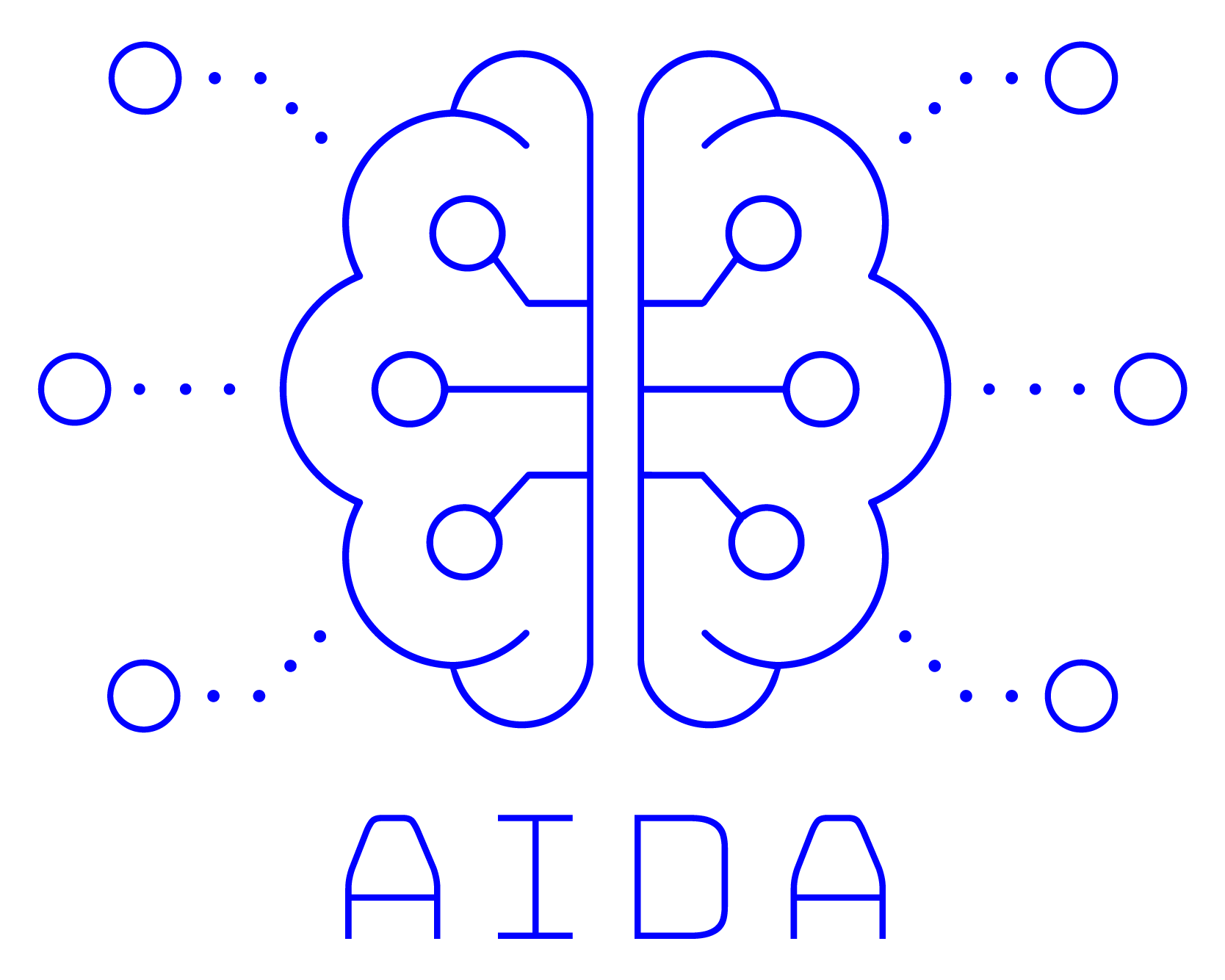AIDA Webinar Series: Improving 5G Risk Management
The AIDA project and the CMU Portugal Program are promoting a series of webinars on the improvement of 5G risk management. With this initiative, the project expects to launch a discussion that will contribute to highlight different topics and challenges related to this area.
Starting in December 2021, this initiative will occur every two months between December 2021 and September 2022, gathering leading experts from academia to industry involved with the project. Each webinar will be hosted by two AIDA partners who will present and discuss their ideas on a specific topic.
The five different sessions will take the form of an overview talk by an academic or a business expert involved in the AIDA project, followed by a moderated discussion with attendees.
This webinar series attests the consortium’s commitment of sharing and disseminating knowledge beyond its partners and stakeholders to convey how collaboration between academia and industry can play an important role in the improvement of 5G risk management for the benefit of the telco companies.
Webinar #1: Integrated Risk Management on 5G
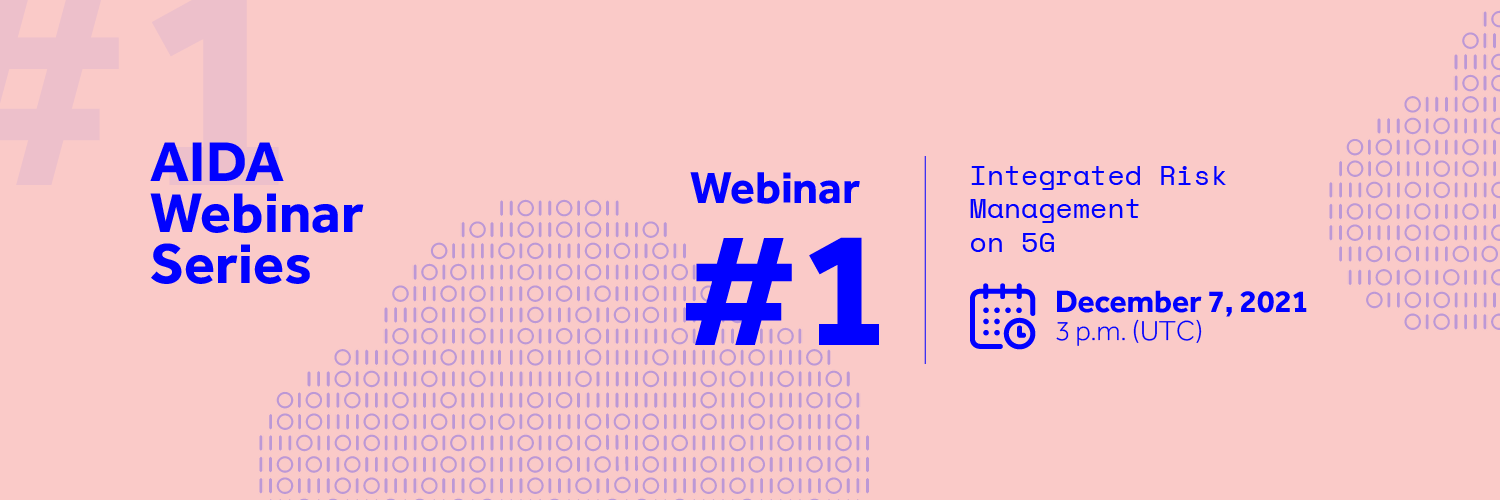
The impact of 5G on digital transformation is a turning point not only for Telecommunications but also the technological developments associated to it. Mobile edge computing reduces latency, and 5G allows speed up to ten times that of 4G requiring the capability to process huge amounts of data in real-time, demanding compute capabilities closer to the points where data is generated. In this webinar we will discuss the challenges and impacts of the digital transformation of 5G in the perspective of Risk Management.
Registration: Registration is now closed
Webinar #2: The impact of edge computing and 5G for Telcos
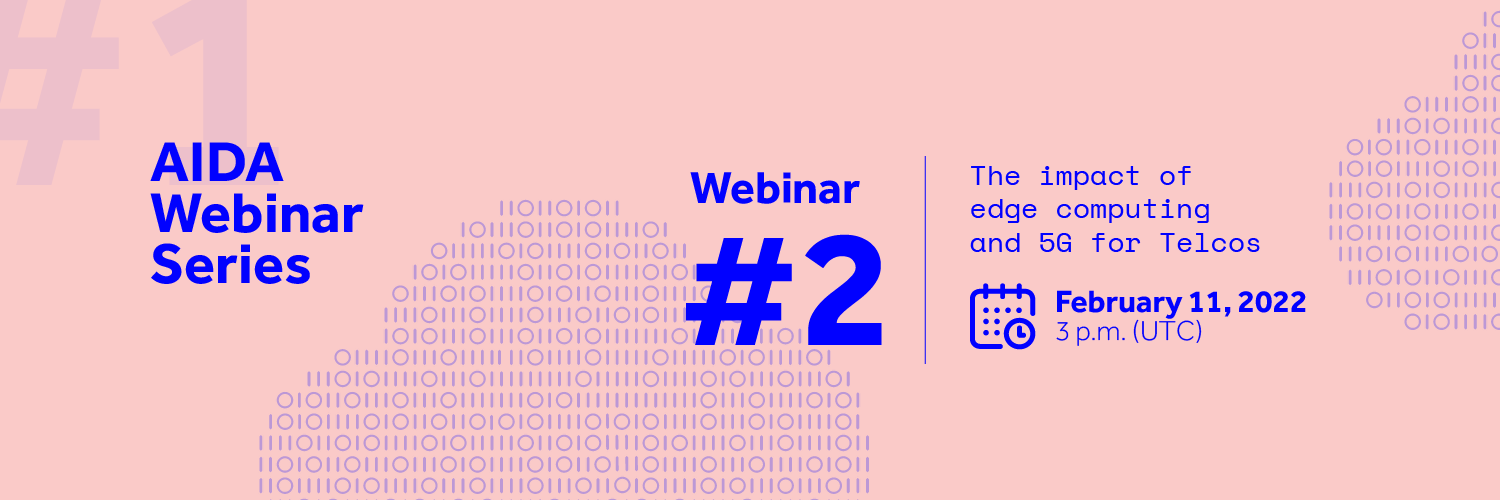
Telco providers face complex challenges that put the impetus behind modernizing their networks: simplifying network operations, improving flexibility, availability, efficiency, reliance, and scalability. The distributed nature of edge computing can enhance both availability and resiliency for telcos while providing better application response times. Moreover, this enables new applications and services on the network that can exploit reduced latency, especially following advancements in 5G.
Registration: Registration is now closed
Webinar #3: Federated Learning: Methods, Applications and Challenges
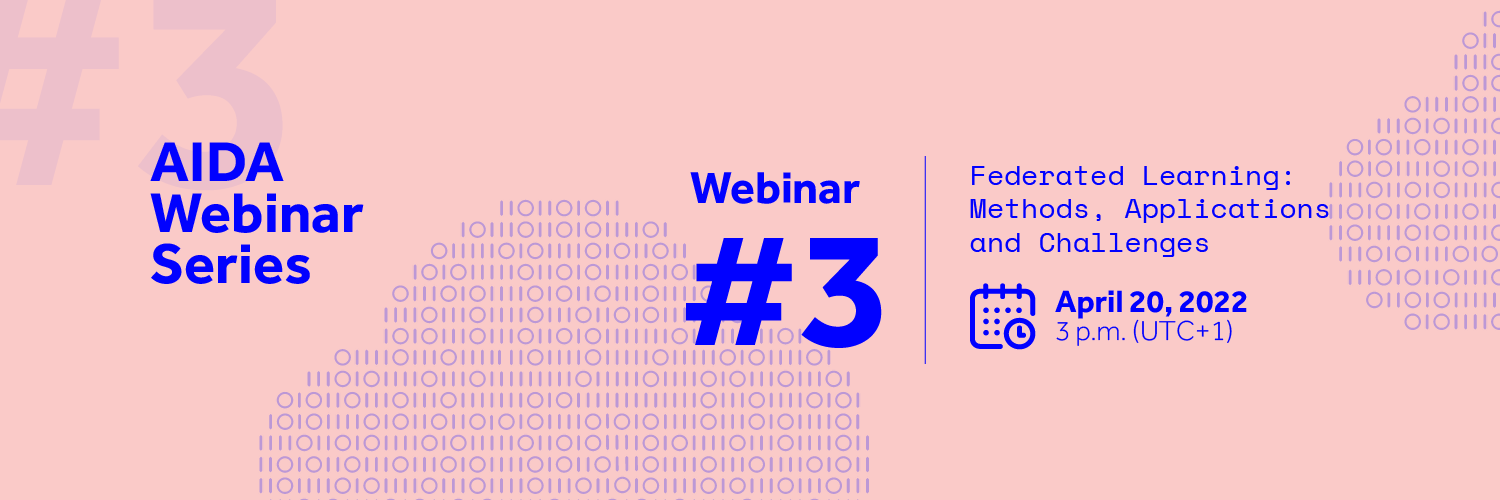
Webinar #4: Protecting the Security of the AIDA platform and the Privacy of its Data
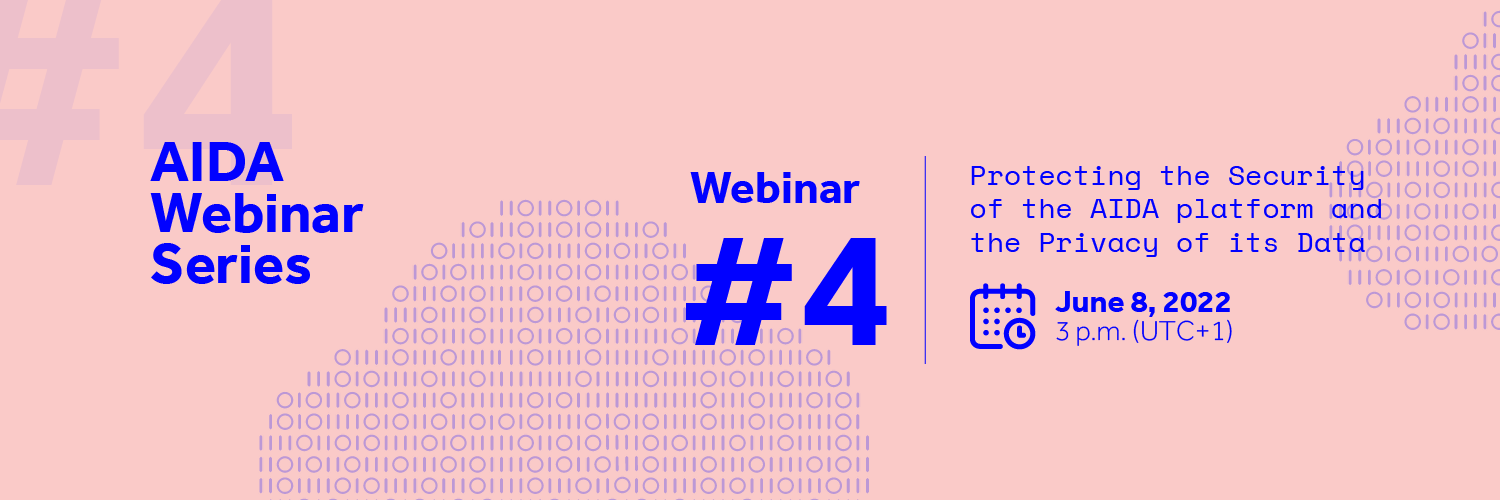
Webinar #5: Anomaly detection in large graphs
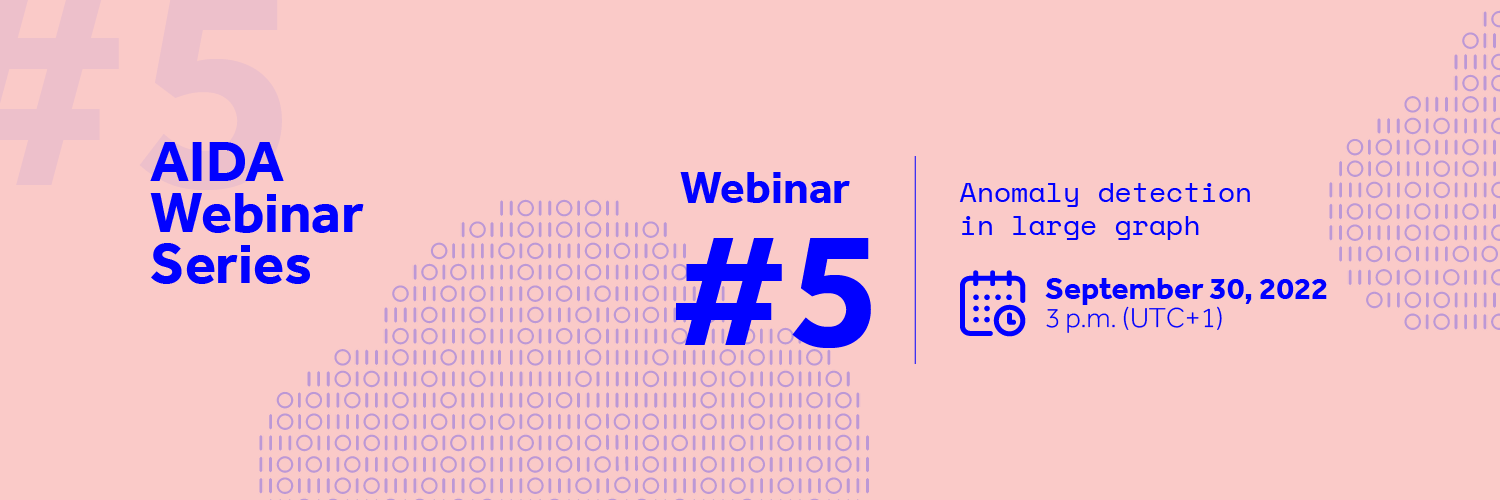
Registration: Registration is now closed
© AIDA, 2023
